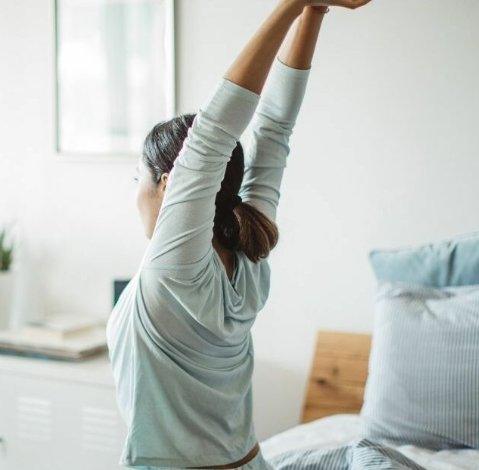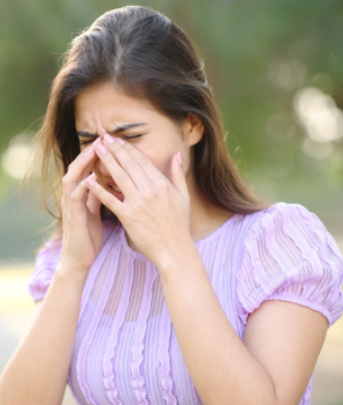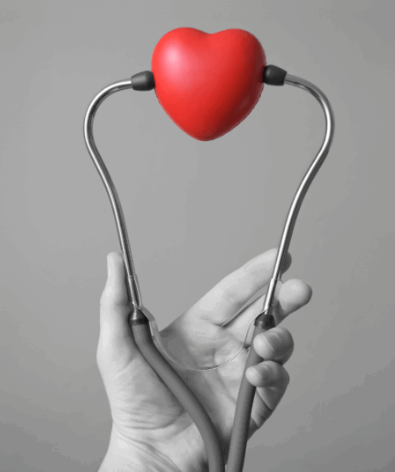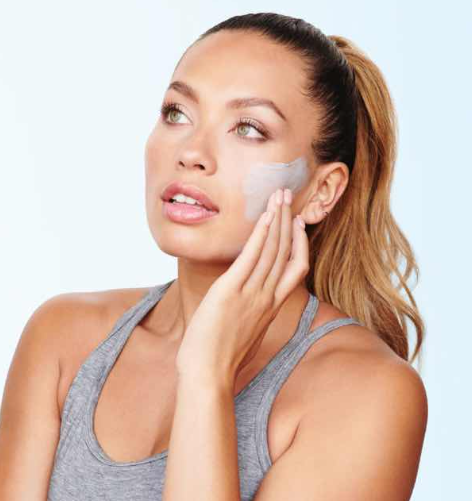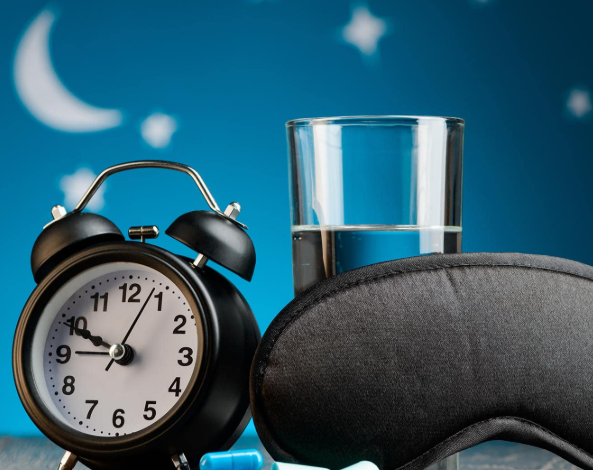
Sleep Hygiene: Your Guide to Restful Nights and Better Health
If you’re struggling with sleep, you’re not alone. Many people face challenges when it comes to getting enough rest or experiencing quality sleep. In fact, a large percentage of adults deal with poor sleep hygiene, with 20-40% of adults affected by sleep issues. Whether it’s restless nights or insufficient sleep, it’s clear that sleep problems impact more than just your nights—they affect your entire life.
But here’s the good news: better sleep is within your reach! With the right approach, you can significantly improve your sleep patterns and wake up feeling rested and refreshed. Let’s dive into the essentials of sleep hygiene and discover how you can transform your sleep for better health and well-being.
Why Sleep Is Crucial
Quality sleep is not just about feeling rested—it’s vital for your overall health. Sleep plays a key role in physical recovery, cognitive function, and emotional balance. During sleep, the body repairs itself, supports immune function, and maintains your physical health. Chronic poor sleep can increase your risk of serious conditions such as heart disease, diabetes, and obesity.
Additionally, sleep is crucial for mental clarity. It enhances memory, problem-solving skills, and concentration. When you get the rest you need, it also improves mood and helps combat stress, anxiety, and depression. So, not only does sleep refresh the body, but it’s also essential for mental and emotional well-being.
Recognizing Poor Sleep Hygiene
Most adults need at least seven hours of sleep per night to function at their best. If you’re not hitting that mark or if your sleep isn’t restful, it’s time to evaluate your sleep hygiene. Some common signs of poor sleep hygiene include:
- Difficulty falling asleep or staying asleep
- Waking up frequently at night
- Waking up feeling tired, even after several hours of sleep
- Daytime symptoms such as fatigue, irritability, difficulty concentrating, and memory issues
If you’re relying on stimulants like caffeine to get through the day or feeling drowsy during important activities like driving, these are also signs of insufficient sleep.
How Much Sleep Do You Need?
Sleep needs vary depending on age, lifestyle, and individual health, but most adults require between 7.5 and 8 hours of sleep. While this number can vary, the timing of your sleep is just as important. The most restorative sleep typically occurs between 11 p.m. and 7 a.m. due to your body’s circadian rhythm, which is influenced by light and dark.
Your circadian rhythm is an internal 24-hour clock that governs your sleep-wake cycles and other bodily functions. By syncing your sleep with your circadian rhythm, you’ll experience more restful, restorative sleep.
Tips for Better Sleep
Improving your sleep hygiene is essential for better rest. Here are some tips to help you get the best sleep possible:
1. Establish a Sleep Schedule
Consistency is key. Try to wake up at the same time each day, even on weekends. This will help regulate your body’s natural sleep-wake cycle. Also, avoid long naps during the day, as they can interfere with nighttime sleep. If you’re having trouble falling asleep, avoid staying up late trying to “catch up” on sleep. Prioritize rest to improve your overall health.
2. Create a Calming Pre-Sleep Routine
The actions you take before bed are just as important as your sleep environment. Try relaxing activities such as journaling, reading, or meditation. Avoid stimulating activities like checking emails or watching TV. If you must use your phone or computer, consider using features that reduce blue light exposure to help your body wind down.
3. Optimize Your Sleep Environment
Make your bedroom a haven for rest. Consider these adjustments to enhance your sleep environment:
- Invest in a comfortable mattress and pillows
- Keep the room cool, between 65–68 degrees Fahrenheit
- Use blackout curtains or a sleep mask to block out light
- Eliminate noise by using a white noise machine or fan
- Keep electronics like TVs and phones out of the room
4. Pay Attention to Physical Health
Your overall health directly impacts your sleep. Make sure to:
- Avoid smoking and excessive alcohol consumption
- Get regular exercise to help with sleep
- Minimize caffeine intake, especially in the afternoon
- Consider eating an earlier, lighter dinner to prevent digestion from interfering with your sleep
5. Eat Sleep-Promoting Foods
What you eat can have a big impact on your sleep. Try incorporating foods that naturally promote sleep:
- Tart cherries, goji berries, and bananas are rich in melatonin
- Almonds and walnuts are great bedtime snacks as they also contain melatonin
- Foods rich in carbs can help boost serotonin levels, aiding sleep
When to See a Doctor
If you’ve tried improving your sleep hygiene and still struggle with sleep, it may be time to talk to a professional. Sleep disorders, such as sleep apnea, can go unnoticed but significantly impact your health. If you’re experiencing ongoing sleep issues, it’s a good idea to discuss your concerns with a doctor and get the proper tests if needed.
Start Improving Your Sleep Today
Prioritizing your sleep is one of the best things you can do for your health and well-being. By adopting good sleep hygiene habits, you’ll not only wake up feeling more refreshed but also enjoy greater energy and productivity throughout the day. Sleep isn’t just about resting—it’s an essential part of living a happy, healthy life.
So, take action today and invest in your sleep health. You deserve it!


